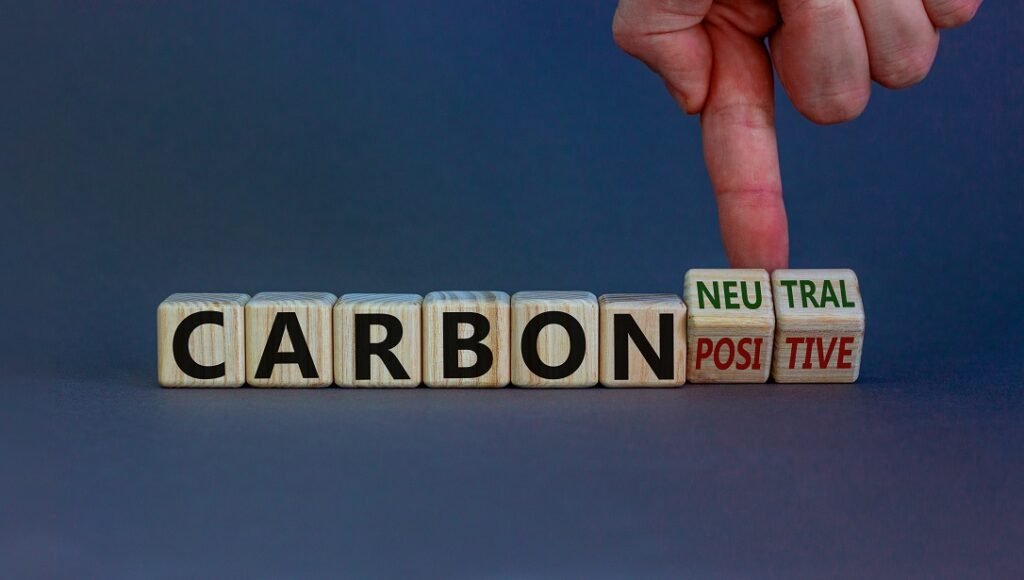On June 20, 2024, Ministry of Environment (MOE) of South Korea, at the 41st meeting of the Ministerial Meeting on National Concerns, reported the Strategy for Activating the Production and Use of Biogas (hereinafter “the Strategy”) that aims to achieve carbon neutrality and environment-friendly treatment of organic waste resources such as livestock manure and food and beverage waste. The Strategy was formulated to specify the necessary matters for the development of the industrial ecosystem in response to the enactment of the Act on the Promotion of the Production and Use of Biogas from Organic Waste Resources (hereinafter “the Biogas Act”) on December 31, 2023, which completes the establishment of the legal basis for the activation of the biogas industry in the country.
The Strategy focuses in particular on the conversion of organic waste resources into more carbon-neutral, high-value-added biogas, and the establishment of infrastructure and system improvements for the efficient use of biogas. Under the Strategy, South Korea plans to produce a maximum of 500 million Nm3/year of biogas and process 5.57 million tons/year of organic waste resources in an environmentally friendly manner by 2026, which the government expects will result in the substitution of fossil fuels worth KRW 230 billion (approx. USD 170 million) per year and the reduction of greenhouse gases by 1 million tons per year.
Details of the Strategy are as follows.
Stable promotion of targeted biogas production
With the enactment of the Biogas Act, biogas production targets will be set for the public sector (the 235 municipalities responsible for the treatment of sewage sludge, livestock manure, and food and beverage waste) beginning in 2025 and for the private sector that generates large amounts of organic waste resources (large dischargers and processors of livestock manure and large dischargers of food/beverage waste) beginning in 2026. The targets for 2034 are set at 50 percent for the public sector and 10 percent for the private sector and will gradually increase in the future.
In order to ensure the smooth implementation of this target system, the details of operational standards will be developed in a rational way through on-site inspections of biogas facilities and opinion gathering from stakeholders, while providing informative seminars/sessions for stakeholders. Support will be also provided so that the targets can be achieved not only through self-production of biogas, but also through various other methods such as outsourced production and trading.
Enhancement of integrated biogasification infrastructure
To increase the efficiency of biogas production, support will be expanded for projects to install integrated biogasification facilities that can simultaneously process two or more types of organic waste resources. System improvements will be made to support such installations, including simplifying the licensing process and simplifying the current complicated system where different subsidy rates are applied depending on the percentage of organic waste resources fed. From 2025, private obligated producers will also be eligible for such support.
The government will also support and promote demonstration projects for organic waste resources that have not been used for biogas production, such as animal and plant residues, as well as research and development projects to improve process efficiency, convert the produced gas into high value-added gas, and increase the added value of residues in order to advance integrated biogasification technology.
Expansion of the use of produced biogas
By revising the Enforcement Rules of the Urban Gas Business Act, the amount of biogas that biogas producers can supply directly to the demand side, such as city gas and nearby hydrogen production facilities, will be increased from 10,000 Nm3 to 300,000 Nm3. In addition, the weighting of biogas as a new renewable energy source will be reexamined based on the results of research conducted by expert organizations, and projects to install hydrogen production facilities that use biogas will be promoted. A commercialization plan, including the promotion of the establishment of a special purpose corporation (SPC), will be formulated to develop an ecosystem for hydrogen production using biogas. Also, a model for using biogas to produce green methanol (for use as a marine fuel), for which demand is increasing due to stricter regulations on carbon emissions from ships, will be explored.
The original text of this article can be viewed at the following URL (in Korean).
https://me.go.kr/home/web/board/read.do?pagerOffset=40&maxPageItems=10&maxIndexPages=10&searchKey=&searchValue=&menuId=10525&orgCd=&boardId=1682550&boardMasterId=1&boardCategoryId=&decorator=
 South Korean Ministry of Environment announces strategy for activating biogas production and use to achieve national carbon neutrality policy
South Korean Ministry of Environment announces strategy for activating biogas production and use to achieve national carbon neutrality policy 

























